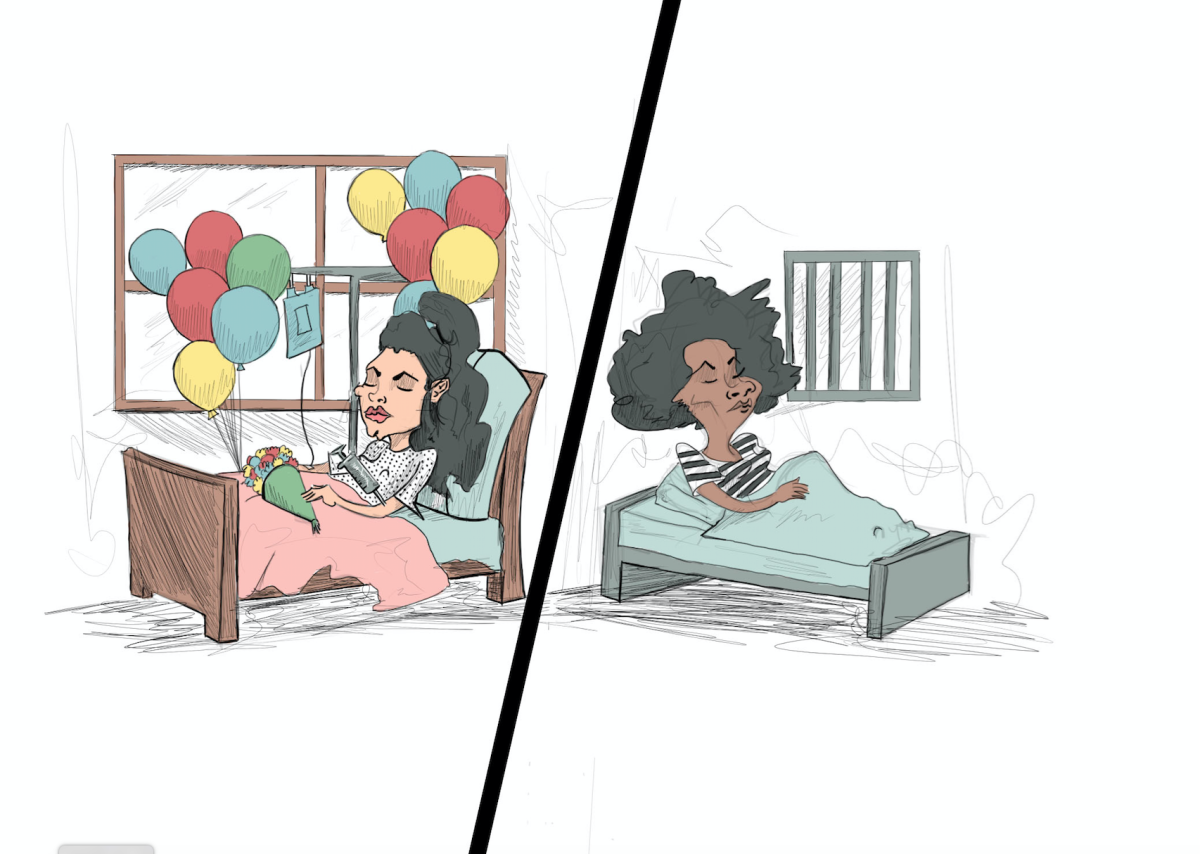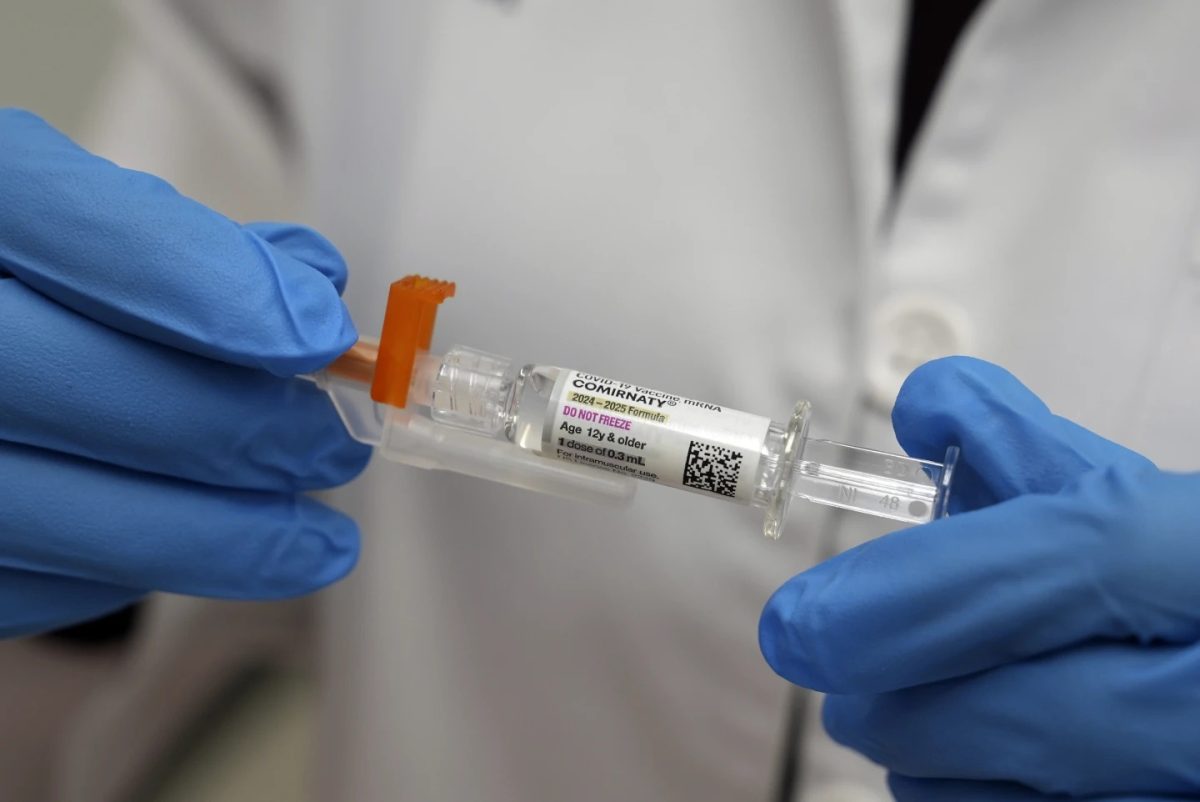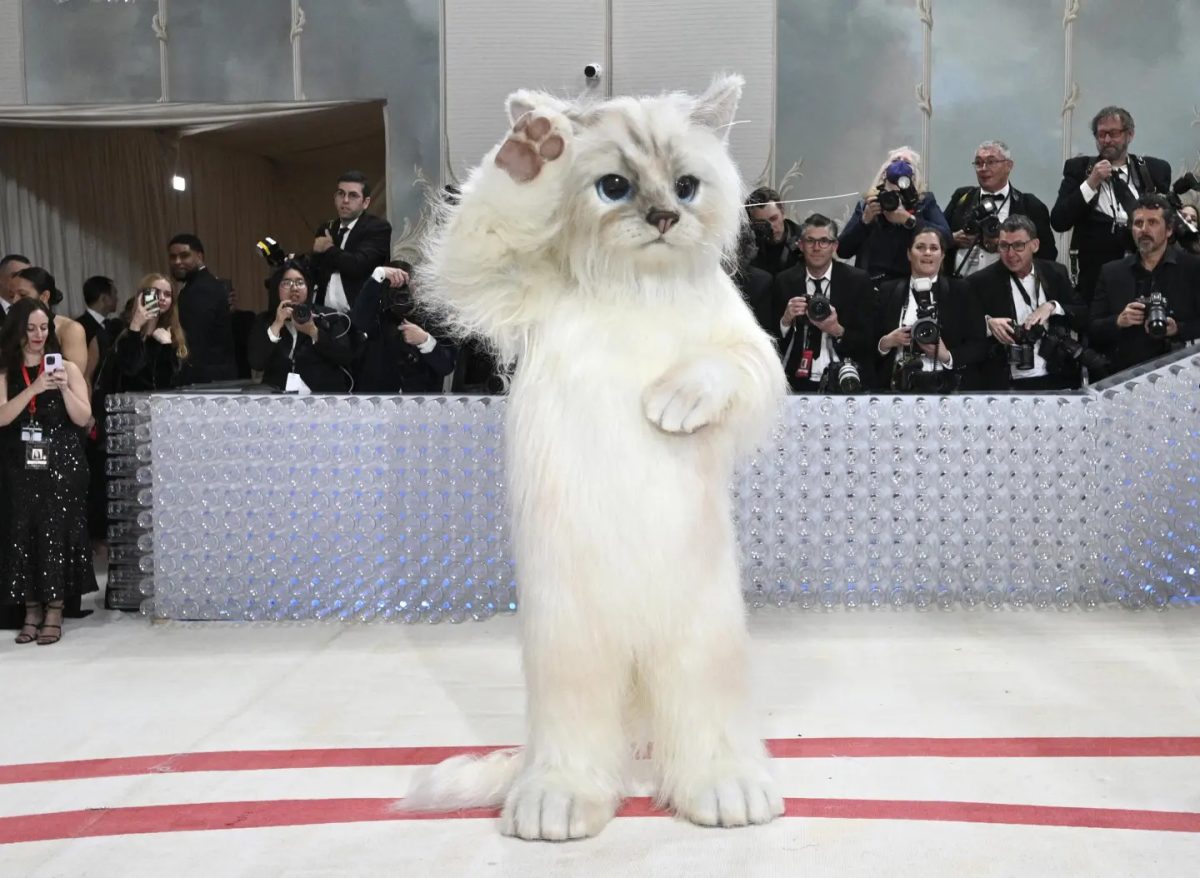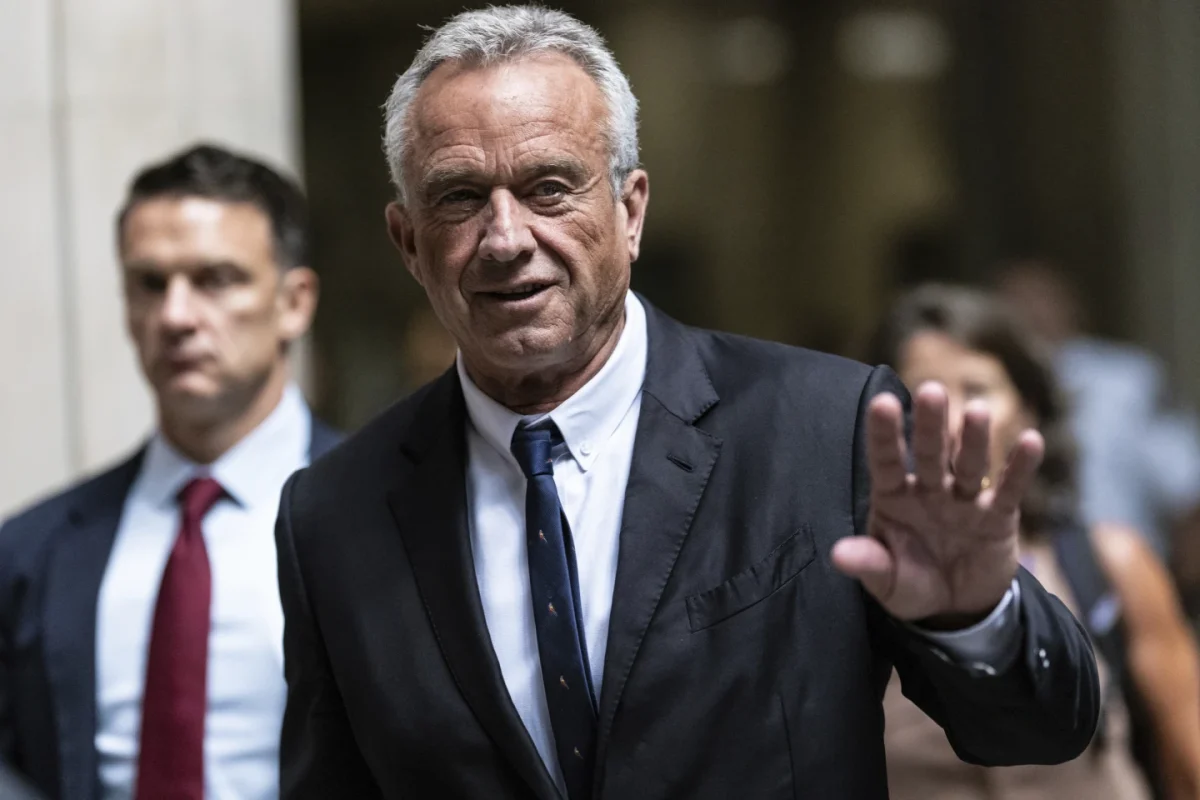Public figures and celebrities have a long history of falling prey to drug abuse and mental health issues. In the profession they work in, they are subject to different kinds of abuse, among other struggles. It can take a toll on these people who aren’t allowed to be human, and they don’t always cope in a healthy way.
Celebrities like Amy Winehouse, Lindsay Lohan and Britney Spears come to mind. While I cast no judgement on them for their situation, media has a unique way of responding to white celebrities specifically. Black celebrities, like superstars Michael Jackson, Mariah Carey and even the great athlete Serena Williams have been subject to harsher judgement from critics on social media and in news. It is a double standard that conditions the public to respond to black celebrities’ mental health and drug use struggles in a negative way.
In July, former Disney star and singer Demi Lovato suffered from a drug overdose from which she is now recovering. Lovato has suffered from a long history of mental health issues, including an eating disorder and depression. The 27-year-old has also struggled with drug addiction and the use of heavy drugs, such as cocaine, since she was a teen.
Social media rallied in support of the star with the hashtags #StayStrongDemi and #HowDemiHasHelpedMe. There were hundreds of posts of support and encouragement. If Lovato checked social media, she would have seen an abundance of love and support for her, all of which she deserved.
In 2016, due to a large amount of hate she received because of a past relationship, biracial singer Kehlani attempted suicide. Her attempt was met with laughter, wishes she would have succeeded, and other horrible things. Blogs reported the singer was “attention-seeking,” and accused her of “faking it.” Social media comments accused her of being crazy and needing help. Her attempt to end her life was somehow humorous. Neither Lovato nor Kehlani succeeded in their suicide attempts, thankfully.
So, why was Kehlani’s near-loss of her life funny? She was also suffering from depression. Why was her situation amusing? She deserved to be taken seriously, too.
Singer Whitney Houston suffered from a situation like Lovato’s. Houston, an amazing performer and singer, struggled with drug addiction for years. This, unfortunately, led to her death. However, Houston has been the victim of various slurs about her drug use. She was called a “crackhead” regularly and was rarely regaled with support.
The public treated Houston horribly, often contributing to her pain. From tabloids to blogs, Houston’s struggle wasn’t taken seriously. Even after her death, many didn’t respect her, even other celebrities. Rapper Kanye West purchased a photograph of Whitney’s drug-riddled bathroom from 2006 and used it for album covers. Not only was this incredibly disrespectful to her and her family, but it minimized her suffering. Even worse, the public thought it was acceptable.
Former professional basketball player Lamar Odom is another example.When the famous athlete almost died in 2015 due to his drug addiction, he was the subject of memes and ridicule on various social media sites.
The public holds black celebrities who suffer from mental health and drug use issues to different standards than their white counterparts. Black celebrities are torn apart and ridiculed for what the public accepts as human error for white stars. Black celebrities are deemed crackheads, druggies, attention-seekers and are said to be “asking for it.”
They’re belittled and treated as if they’re not suffering from these same issues. Their struggles are taken less seriously and somehow seem lighthearted.
However, when a white star falls victim to such issues, they garner sympathy and well-wishes. They get hashtags, open letters of encouragement and favorable coverage from the media. They’re not called crackheads; they’re labeled by more understanding terms.
All those struggling with mental health and drug issues should be treated with understanding, not just white celebrities. It is unfair for black celebrities to be continuously disparaged on different media platforms when they, too, are human. Their struggles are worthy of sympathy, support and kindness.
Maya Stevenson is a 19-year-old English and economics sophomore from Baton Rouge, Louisiana.
Opinion: Racial double standard exposed among celebrities with drug issues
August 27, 2018
houston







